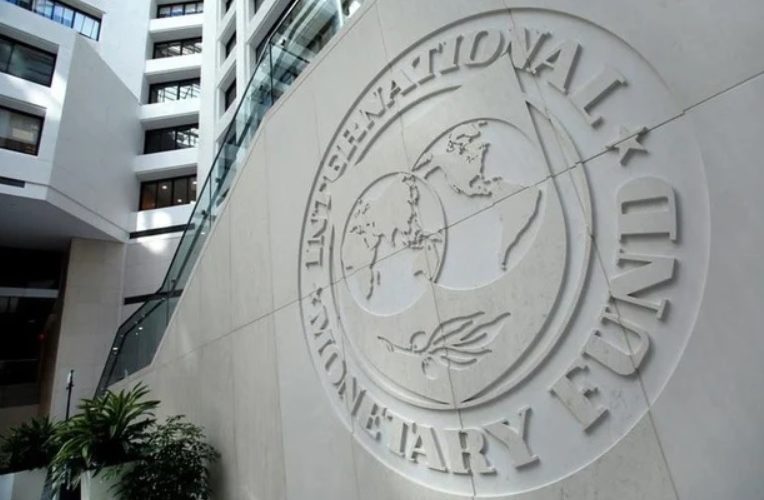The International Monetary Fund has revised upward the growth expected this year in the United States, which it expects will be “the fastest” in 25 years, in its annual report on the world’s largest economy released Thursday.
“Growth in 2021 is expected to be around 7%, the fastest pace in a generation,” said the Washington institution, which qualifies the economic recovery as “remarkable” after the historic recession in 2020 caused by the pandemic of Covid-19. The Fund also considers the risks to be “modest” for growth, in particular brushing aside concerns about accelerating inflation.
“Economic indicators suggest that a significant slowdown in the labor market remains, which should serve as a safety valve to ease pressure on wages and prices,” he said. He also welcomes many economic measures taken by the Democratic President to support the economy, in particular the gigantic budget support plan of 1.900 billion dollars, direct aid to households or exceptional unemployment benefits. In April, the IMF expected growth of 6.4%. But he now bases his forecasts on the assumption that Congress will adopt “during 2021” an investment plan for infrastructure and a plan to support families.
Separately, the IMF urges Joe Biden’s administration to remove punitive tariffs put in place under Donald Trump, deeming “of great concern that many of the trade distortions introduced over the past four years remain in place.” It notes in particular that tariffs have been maintained on steel and aluminum, washing machines, solar panels, as well as a range of products imported from China. He points to the fact that Washington continues to want to give priority to American producers in public procurement, according to the “Buy American” policy put in place by the previous administration. “These policies should be reconsidered,” recommends the IMF.
For the institution, the “main risk” facing the American economy remains the Covid-19. “The nature of the pandemic has changed globally, new variants are circulating widely and there has been a shift in hospitalization and mortality in the United States to the detriment of young Americans,” she notes, lamenting that despite vaccines “widely available in the United States”, the vaccination campaign is slowing.

